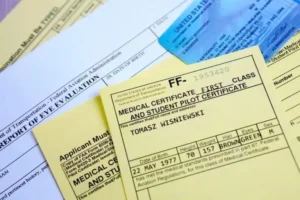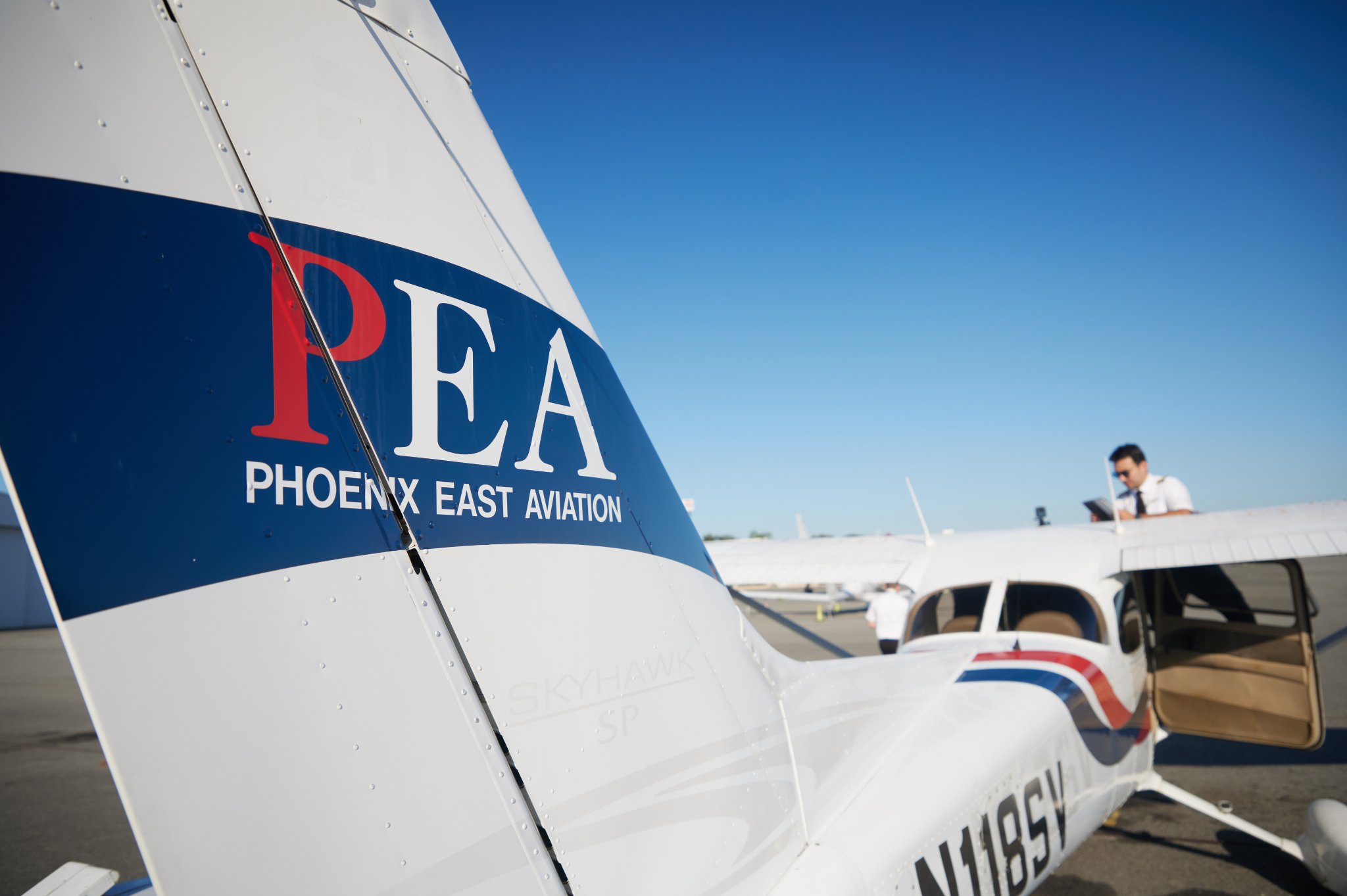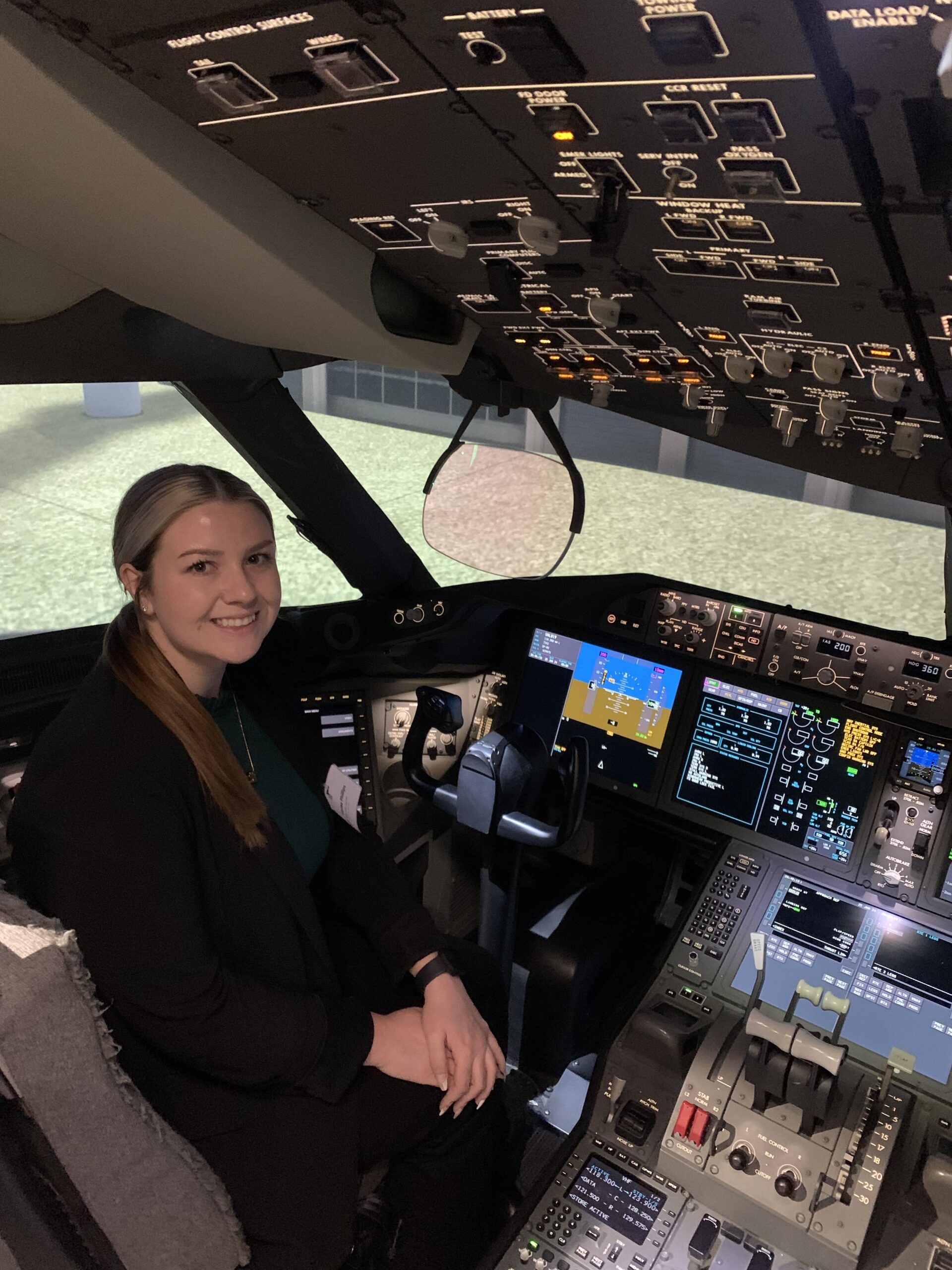FAA Approved Medications for Pilots
For millions of people worldwide, prescription medications are an essential part of maintaining health and well-being. Yet for pilots, medication use comes with careful examination. Every prescription goes through intense evaluation to see how that specific medication might affect a pilot’s physical and cognitive ability.
An Overview of Pilot Medical Requirements
Pilots have a commitment to maintaining exceptional health standards, and to do so, they must receive a Federal Aviation Administration (FAA) medical. The FAA issues three types of medical certificates: First Class, Second Class, and Third Class. Student, sport, and private pilots must obtain at least a third class medical before taking to the skies. Commercial pilots are mandated to obtain a second class medical certificate, while it is imperative that airline pilots maintain the highest level of medical: a first class certificate. Let’s take a look at the requirements and breakdown of each type of medical certificate.

First Class medical is the highest level of medical certification, applicable to pilots who hold an Airport Transport License (ATP) or those whose employers require first medical standards. For individuals under 40 years old, they must renew their First Class medical every 12 months. However, those 40 years of age or older, require a renewal every 6 months. This is to ensure the medical fitness requirements are being consistently met.
A Second Class medical is required for pilots who fly most commercial operations, such as crop dusting, cargo transportation, passenger charter flights, or any other commercial roles. For commercial pilots, it is imperative to hold a valid Second Class medical in order to retain operational privileges. A Second Class medical has a mandatory 12-month renewal period, regardless of the pilot’s age.
A Third Class medical is the least restrictive level of medical certification, and is the prerequisite to begin flight training. In order to begin flight training and/or logging any flight hours, this medical certificate must be obtained. A third class medical certificate, for pilots under 40 years old is valid for 24 months. Pilots who are younger than 40 can hold this type of medical certificate for up to 60 months. Whether an individual aims to become an airline pilot or prefers flying as a hobby, it is imperative that they hold a third-class medical certificate.
The process to obtain an FAA medical certificate carefully evaluates various health conditions and medications to ensure they align with safe flight operations. For pilots who have specific medical conditions, it is important to consult with an Aviation Medical Examiner (AME) early in the process so they can provide valuable guidance. In many cases, medical conditions that initially seem challenging can be managed appropriately to meet certification requirements through proper documentation, treatment plans, or alternative plans.
Disqualifying Medical Conditions for Pilots
There are a number of medical conditions that disqualify individuals from being pilots, such as vision impairments, hearing issues, cardiovascular diseases, neurological disorders, and some mental health conditions.
Certain mental health conditions will not result in disqualification from becoming a pilot, as mental health is a wide spectrum with varying conditions. The FAA demonstrates flexibility in its medical certification process, often working with pilots to account for various health conditions. Through a system of periodic monitoring and documentation, many pilots successfully maintain their medical certificates while managing ongoing health conditions. Through a system of perioding monitoring and documentation, many pilots maintain their medical certificates while managing ongoing mental health conditions. This allows for a continued commitment to the aviation industry, with both safety and inclusivity in mind. It is imperative to maintain open communication with AMEs and follow prescribed protocols for documentation and follow-up care.
Disqualifying Medication for Pilots
Any medication that hinders a pilot’s ability to safely maneuver an aircraft can disqualify them from being a pilot. This includes: psychotropic drugs such as sedatives, tranquilizers, antipsychotics, anxiolytics, and hallucinogens; opiates such as morphine, codeine, Lortab, Percodan, and Oxycontin; muscle relaxants such as soma, sonata, and flexeril; and sedating antihistamines such as Benadryl, Chlorpheniramine, and Zyrtec.
This is not a complete list, as an FAA medical examiner will make the final call on whether or not a medication disqualifies an individual from flying. To make this decision, they factor an individual’s unique case and how medication affects them personally.
Over-the-Counter Medications
Many over-the-counter (OTC) medications are fine to take prior to piloting a plane.

However, there are some, such as antihistamines and motion sickness medicines, which will preclude a pilot from flying. One should always check the FAA OTC medication list to be sure. Even if an OTC medication is not explicitly banned by the FAA, there are still some cautionary steps one should follow before taking it while flying.
A Pilot’s Guide to Medication Safety
Safe medication management for pilots requires a three-step approach to ensure flight safety: identifying active ingredients, reading the label, and taking with caution. Pilots should thoroughly examine the active ingredients for potential allergies or previous adverse reactions. All medication labels need to be carefully reviewed and is crucial, with particular attention to side effects that could impair flying abilities, such as drowsiness or decreased alertness. Most importantly, pilots should never test new medications on flying days – instead, a wise decision involves taking an initial dose during a non-flying period of at least 48 hours, allowing time to observe any unexpected reactions or side effects. This method ensures that pilots can confidently manage their health while maintaining the highest standard of aviation safety.
Does the FAA Know What Prescriptions are Taken?
The FAA does not check the medical records of every pilot. However, when applying for a medical certificate, a pilot is required to disclose any and all prescriptions they are on. An individual is also required to disclose any new prescriptions they receive after becoming a pilot. Keep in mind that failure to disclose a prescription may result in serious consequences, such as having a pilot certificate revoked, or up to criminal charges if found to be illegal.
Do Prescription Pills Have to Be in an Original Container When Flying?
It is not required to have prescription pills in their original containers when flying. However, there are a few things to keep in mind. First, all prescriptions should be clearly labeled, which is often made easier by keeping them in their already-labeled original container. Second, if flying to another country, the customs process is often made smoother by having prescriptions in their original container. For these reasons, while it is not required, it is often a good idea to have pills in their original containers.
Flight School Tips for Pilots with Medication
Many successful pilots navigate their aviation careers while managing medications effectively. For aspiring pilots beginning their flight training, understanding a few key strategies can help create a smooth path to success in the flight deck. These guidelines not only support safe flying practices, but also continuous commitment the aviation industry has in supporting pilots who maintain their health through proper medication management.
If you are ready to have your pilot dreams take flight, contact Phoenix East Aviation at info2@pea.com to get in touch with their esteemed Admissions Department which is here to help!



